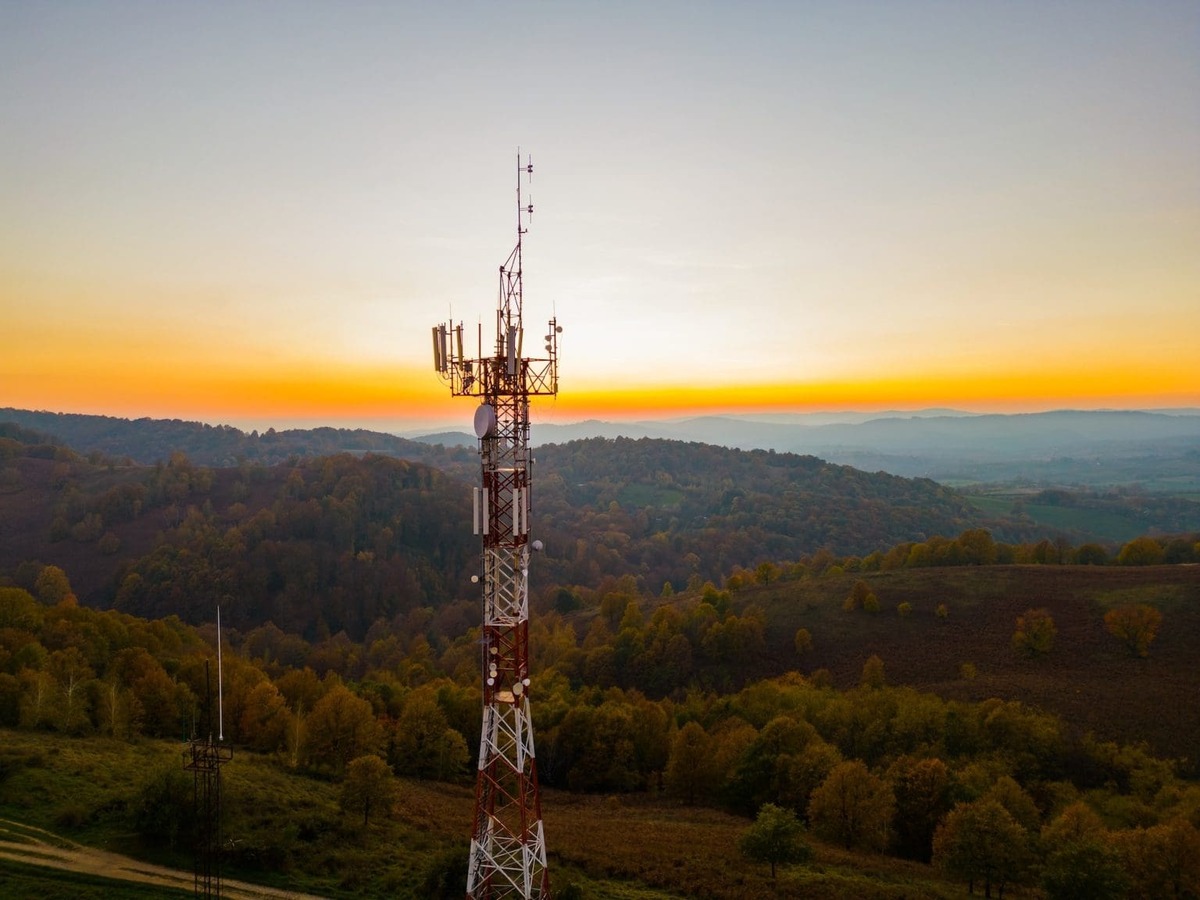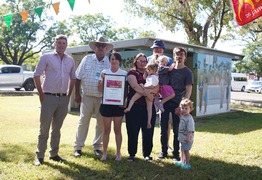3G shutdown under fire at senate inquiry
Western Plains App
09 February 2025, 8:20 PM
 Mobile phone tower. Image: Shutterstock.
Mobile phone tower. Image: Shutterstock.Australian telcos have come under deep criticism from rural representative groups following the closure of the 3G network.
Speaking at a Senate Inquiry into the shutdown last week, the National Farmers’ Federation (NFF) Acting CEO Charlie Thomas, said the livelihoods of Australian farming families are intrinsically tied to accessible, reliable, affordable, and high-quality connectivity.
“Telstra and Optus commenced the shutdown of their respective 3G mobile networks in October 2024, with a promise to consumers of equivalent or improved coverage. Three months later, Australian farmers are not convinced that the major providers have delivered on that promise,” Mr Thomas said.
“The NFF continues to hear widespread reports of reduced service availability and quality. Farmers are reporting that overall service quality has diminished post-shutdown; that includes more calls dropping out, cutting in and out, slow download speeds or no ability to load internet at all.
“The loss of fortuitous coverage, that is ‘bonus coverage’ that was available with 3G turned on but not guaranteed after the shutdown, has been significant. Areas, and in some cases entire properties, which had mostly reliable coverage have now become blackspots.”
Mr Thomas said farmers have been left with no choice but to fork out for expensive boosters, antennas – those who already had appropriate equipment have spent countless hours navigating complex software upgrades – and even after all of that many are still finding very basic connectivity a challenge.
“We have said repeatedly that the situation on the ground is a safety issue and a productivity issue. With the shutdown coinciding with both harvest and fire danger season, rural communities are bearing the full weight of this fact.
“A mixed livestock and cropping farmer from southern New South Wales reports that they have been told they are in a guaranteed coverage area, yet consistently have dropouts. Between purchasing a cel-fi booster and upgrading farm equipment they estimate to have spent between $10,000-$20,000 as a result of the 3G shutdown.”
And he said regional Australians were losing faith in the Telcos to respond and fix the issues.
“Despite the gravity of concern we’re hearing, rural Australians don’t believe that reporting issues to their provider will lead to solutions. Put simply, people don’t want to sit on hold for hours only to be told that they need to purchase more equipment or, worse, there is nothing to be done.
“This isn’t the first major telecommunications transition in Australia, and it certainly won’t be the last. We cannot accept rural consumers as collateral damage of a process which first and foremost benefits city residents and providers’ bottom lines.”
CWA rallies
The CWA of NSW has called on its members to report all connectivity issues immediately.
The group has been actively advocating for improved mobile coverage across regional, rural and remote communities.
“Since the 3G network switch-off, we know that some of our members have experienced disruptions, reduced service reliability or even complete loss of mobile connectivity,” a spokesperson said.
“We have raised these concerns directly with Telstra, and they are keen to understand specific cases and troubleshoot where possible.”
Telcos defend the shutdown
Meanwhile Telstra and Optus have defended the performance of their mobile networks in the wake of the network shutdowns.
Appearing at the Senate Inquiry, representatives from both companies said while they had received some complaints of people losing coverage, the majority of the issues they identified were due to device-related problems, and not a loss of mobile coverage.
The telcos had previously committed to maintaining equivalent or greater mobile coverage after switching off 3G, largely through repurposing and upgrading their 3G systems for 4G and 5G networks.
In acknowledgement of the continued issues faced by customers in the 3G shutdown, Telstra announced a new helpline available to those with coverage problems.
Telstra customers can call a specialised helpdesk on 1800 990 853 between 8am to 7pm Monday to Friday AEDT.



